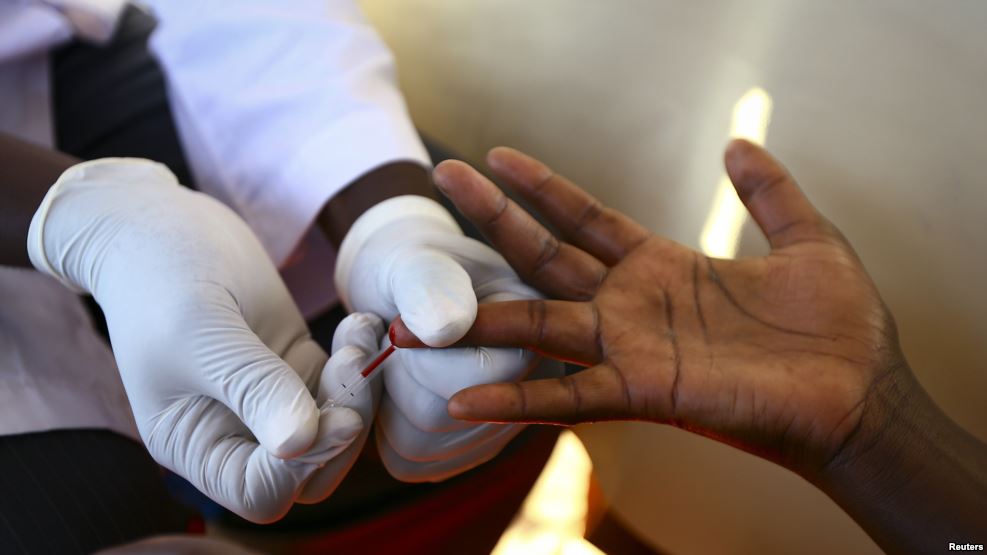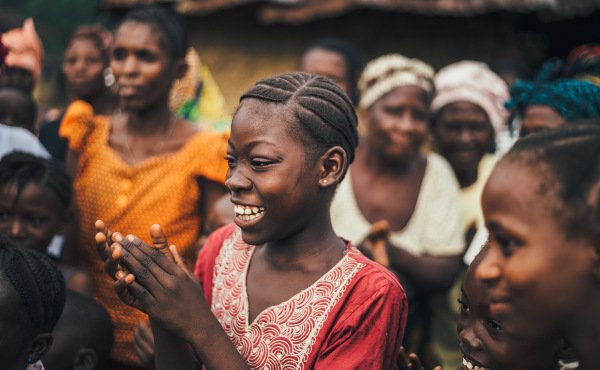The air pollution and plastic waste problems often go hand in hand in Africa. And nearly 60% of deaths in Africa are due to outdoor air pollution during the last two decades.
The financial impact of its management is unmistakable. The United Nations (UN) estimates that only 10% of rubbish in Africa makes it to dumps, with the rest left to rot in communities or burned in acrid bonfires, adding to air pollution in the process. The problem Africa is dealing with is appalling and calls for immediate action. The question asked is how is Africa dealing with this crisis?
The World Bank estimated that the cost of air pollution in Sub-Saharan Africa was 3.8% of gross domestic product growth in 2013, and plastic waste is not far behind in terms of adverse environmental impact. Recent studies have shown about 3,500 particles of plastic per square kilometre exist in the sea of the southern African coast.
According to the United Nations Environmental Program (UNEP), Africa stands out as the continent where the largest number of countries instituted a total ban on the production and use of single-use plastic bags. Of the 25 African countries to have introduced national bans on plastic bags, more than half shifted into implementation between 2014 and 2017.
There have been campaigns throughout the continent on plastic waste pollution. And countries have mobilized under the campaign “Beat Plastic Pollution” and have devised innovative domestic solutions to find alternatives. Some countries like Kenya, Rwanda, and Morocco have flat out banned the use of plastic bags, forcing businesses and consumers to use alternatives. Countries like Zimbabwe have targeted Styrofoam with bans.
An initiative called “Project Butterfly” is helping tackle the problem of plastic waste in the townships of South Africa. Introduced in 2017 in Tembisa, Johannesburg, and now also active in Durban. Project butterfly works with non-profit organizations and local communities to tackle poor waste management through education, clean-ups, and innovation-focused initiatives. With regards to the overall scenario of plastic waste management, we can say it is quite encouraging.
In addressing the issue of air pollution, there is the need for a holistic measurement of the cost of air pollution. The Global Burden of Disease(GBD) approach has emphasized the need for health agencies to consider the important health burden of air pollution and called for ministries of environment and health to work together to deal with this challenge. Efforts are already underway to link exposure and health impacts to pollution sources and devise policy actions.
A new assessment is being developed to illustrate how Africa can achieve key development goals, provide clean air for its people, and help the global fight against climate change. Air pollution threatens Africa’s development because of its negative impact on human health, well-being, and productivity. Air pollution reduces agricultural productivity, for example, with implications for food and nutritional security. Urgent large-scale action is needed at all levels of government. And this new assessment, the first of its kind, will support evidence-based policy across the continent and can underpin effective action.
Internationally recognized scientists from African institutions and global science organizations will be at leading the assessment under the guidance of three co-chairs; Alice Akinyi Kaudia (Former Environment Secretary at the Ministry of Environment and Forestry Kenya), Youba Sokonia (Vice-Chair of the Intergovernmental Panel on Climate Change: IPCC) and Brian Mantiana (Impact Area Manager: Holistic Climate Change, Smart Places Cluster, Council for Scientific and Industrial Research CSIR). The co-chairs are responsible for the strategic decisions in the assessment process.
Led by the Climate and Clean Air Coalition (CCAC) in partnership with the UN Environmental Programme (UNEP) and the Stockholm Environment Institute (SEI), the first regional African Assessment of air pollution brings together scientists, policymakers, and practitioners working across Africa to consider the continents rapid development, and the associated air pollution challenges and climate risks.
This assessment will promote capacity building and action geared towards reducing emissions among governments and stakeholders in Africa. While development is a priority for Africa to achieve the ‘Africa we want as outlined in the African Union’s Agenda 2063, this does not have to be at the expense of the environment or people’s health.
As Helen Molin Valdes (Head of the Climate and Clean Air Coalition Secretariat said “this assessment is important because it identifies development priorities and actions that can both reduce high levels of air pollution over the next decade while also reducing climate change forcing emissions in line with global commitments and the Paris Agreement.”
The good news is that there is domestic funding available for countries to monitor air quality and reduce smog by restricting government investments that subsidize fossil fuel consumption. The World Health Organization (WHO) and its partners have launched the BreatheLife campaign to increase awareness. As part of the campaign, cities are encouraged to share data and solutions.
Due to increased pressure to reduce carbon footprints, companies in Africa are introducing new or upgraded air pollution control technologies. Checks are being made on the main causes of air pollution, including industrial emissions, savannah fires, and biomass burning. The Air Pollution Information Network in Africa (APINA) is instrumental in bringing about these welcome changes.
South Africa is currently leading the charge among the African countries making the transition to a low Carbon economy. It has passed the much-awaited Carbon Tax Bill aimed at penalizing companies that emit high levels of Carbon into the atmosphere. Other countries are also making gradual progress, countries such as Senegal, Ghana, and Cote D’Ivoire promote and subsidize the use of liquefied petroleum gas (LPG), rather than charcoal or biomass fuels for cooking purposes. The countries are trying to increase awareness but much remains to be done.
Hence, this assessment by the CCAC includes a focus on short Lived Climate Pollutants (SLCPs), air pollutants that warm the atmosphere, whose mitigation plays an important role in slowing the rate of global warming. The assessment will also highlight strategies that simultaneously reduce emissions of air pollutants and long-lived greenhouse gases (GHGs)
Two issues however for Africa are a lack of data on emissions causing air pollution and inadequate policy and implementation capacity. The assessment therefore will help to increase local capacity for action, as it aims to build on the existing community of practice among African scientists, policymakers, and practitioners. To again amplify the role and potential of emission mitigation strategies to support sustainable development in Africa.
As Juliette Biao Koudenoukpo (Director and Regional Representative of the Africa Office at UN Environment Programme) said “in the face of growing inequality on pollution, a significant burden of air pollution-related deaths occur in Africa, yet we lack accurate timely information hindering progress in mitigating the increasingly harmful effects of air pollution to human health, regional climate and crop yield.”
She continued “To fill this gap, it is important to prioritize creating awareness, invest in contextualizing the progress made and the unique challenges and solutions in monitoring air pollution in Africa and in assessing the impacts. Through this Africa assessment, significant progress has been made reaching out to stakeholders and embedding the assessment process in the region.”
The findings of the assessment will inform the decisions of the African Union Commission regarding the air quality and climate implications of the ‘Agenda 2063’ of the African Union and the achievement of the Sustainable Development Goals. As Alice Kaudia one of the Co-chairs articulated “assessment is timely, and the results will inform policy and strategic action for impactful change to development practices and investment decisions in Africa for global good.”


